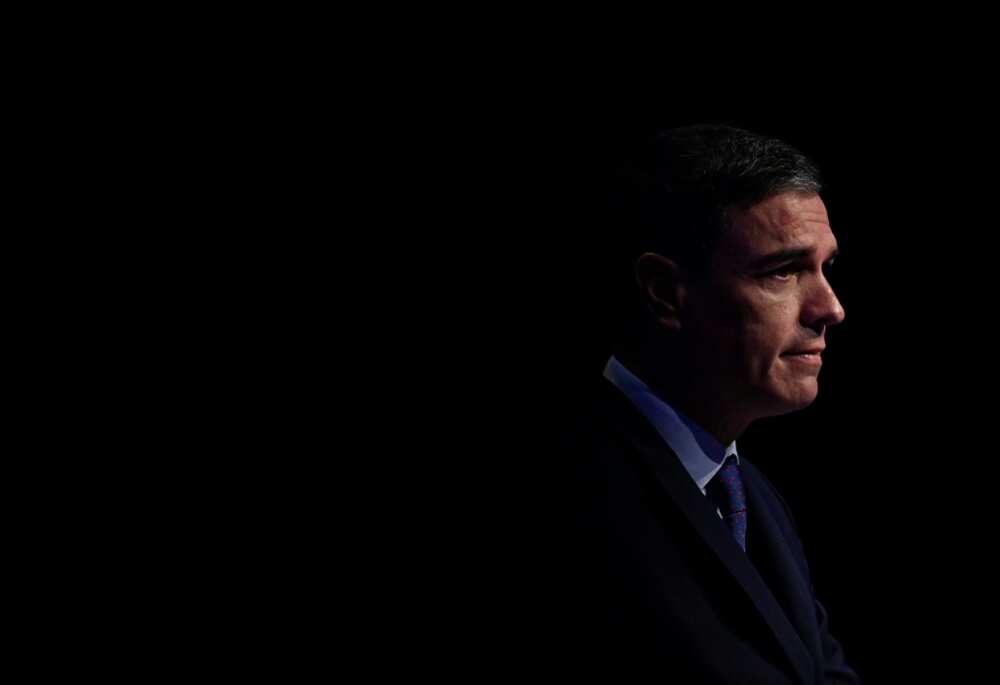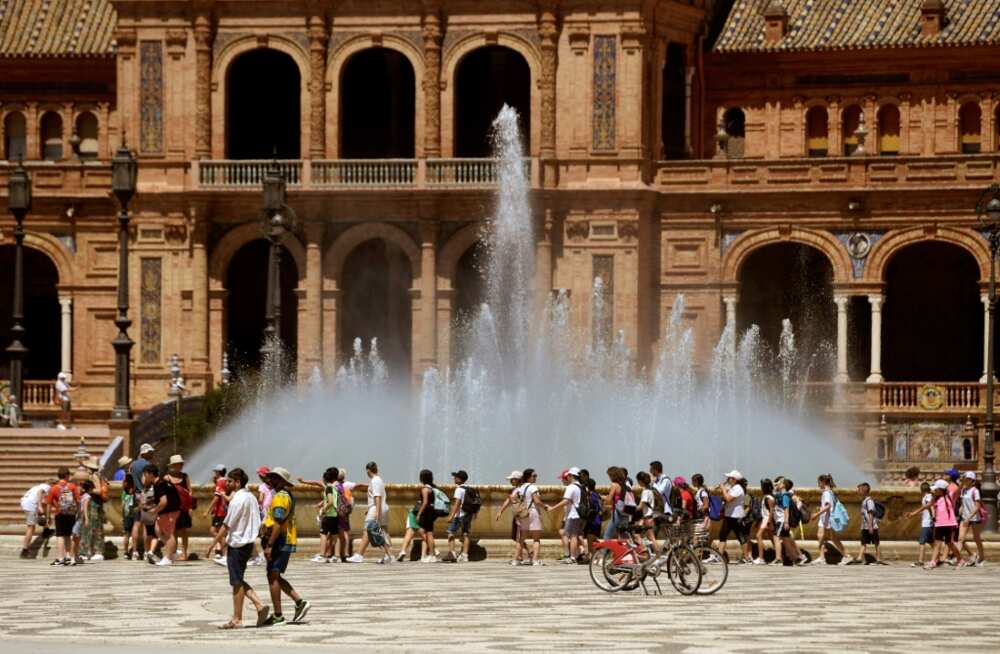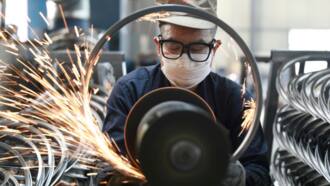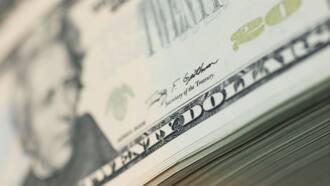Spain PM fails to get vote boost from economy

Source: AFP
PAY ATTENTION: Сheck out news that is picked exactly for YOU ➡️ click on “Recommended for you” and enjoy!
Spain's economy is growing steadily and inflation has been tamed -- but Prime Minister Pedro Sanchez is facing an uphill battle to be re-elected in a snap poll next weekend.
The premier and his ministers routinely tout statistics that highlight Spain's strong economic performance, yet the ruling Socialists still took a beating in regional and local elections on May 28.
In response, Sanchez called the July 23 early general election. Surveys predict the main opposition conservative Popular Party (PP) will be the likely winner.
The situation is "paradoxical" because "the Spanish economy is doing pretty well" especially in comparison with other major European nations such as Germany, said Esade Business School economics professor Omar Rachedi.
Spain's economy was hard hit by the pandemic, with its GDP falling by 11.3 percent in 2020 as Covid-19 travel restrictions hit its key tourism sector hard.
But it has since bounced back, expanding by 5.5 percent in both 2021 and 2022.
PAY ATTENTION: Сheck out news that is picked exactly for YOU ➡️ find the “Recommended for you” block on the home page and enjoy!
The Bank of Spain predicts the economy will grow by 2.3 percent this year despite the economic headwinds caused by Russia's invasion of Ukraine, a faster rate than in most other European Union countries.
"Spain is weathering much better than the rest of Europe the complex international scenario," Economy Minister Nadia Calvino said at the end of June.
She credits reforms put in place by Sanchez's government over the past five years for the economic performance.
'Like a motorcycle'
Since coming to power in 2018, the government has raised the minimum wage -- which was one of the EU's lowest -- by around 50 percent.
It has also spent nearly 50 billion euros ($56 billion) on measures to help those struggling with soaring prices, including free commuter rail travel and scrapping the value-added tax on basic food items.
The measures, combined with a cap on the price of gas used for electricity production, has made Spain one of only a handful of European countries that has brought inflation below the European Central Bank's 2.0 percent target this year.

Source: AFP
Spain's year-on-year inflation rate slowed to 1.9 percent in June, down from a peak of 10.8 percent reached in July 2022, its highest level since 1985.
That compares to a 5.5 percent inflation in the entire 20-nation euro zone.
Sanchez has said the Spanish economy was surging ahead "like a motorcycle", and points out 426,000 jobs were created in the first quarter, mainly in the tourism sector.
'Not for us'
But Rachedi said Spain's economy was one of the last in the eurozone to return to its pre-pandemic levels, and the benefits of the country's economic growth have not been felt by everyone.
While overall inflation has slowed, food prices jumped over 10 percent in June over the same month last year.
Rent has also soared, as have mortgages due to rising interest rates, putting the squeeze on households.
The Bank of Spain estimates 17 percent of Spanish households -- 1.6 million -- can't meet essential expenses.
That is 300,000 households more than before Russia's invasion of Ukraine in February 2022 fuelled inflation.
"Reaching the end of the month is more and more difficult," Maria Dolores Carretero, a 55-year-old housewife, told AFP at the Almudena food market in eastern Madrid.
"When you are grocery shopping, you do not see" the slowdown in inflation, she added.
Rafael Vazquez, a 31-year-old fruit and vegetable salesman, agreed, saying he struggled to make ends meet on a monthly salary of around 1,000 euros.
"Salaries are very low," he said.
The economy may be advancing "like a motorcycle" for the government but "not for us," he added.
Source: AFP



